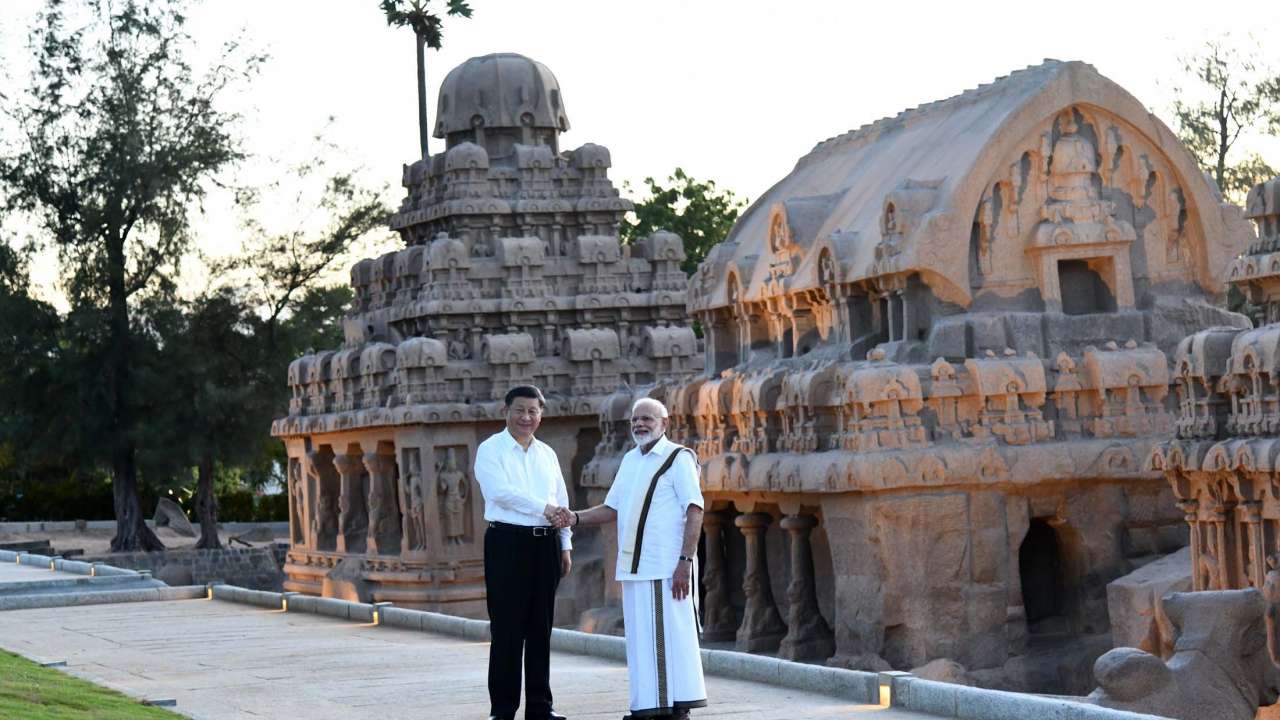
China, for long, has remained an enigma to the world, a closed country that is difficult to understand and deal with. With India, this limitation in understanding Chinese intentions increases manifold due to the inherent trust deficit that exists between the two nations. In the present scenario, Pakistan, undoubtedly, is the biggest reason behind the stress in relations between the two countries. China is unable to say no to Pakistani demands to intervene internationally in the Kashmir issue and for India this becomes a very big setback in taking relations forward.
There was so much positivity post the Wuhan Summit between Prime Minister Narendra Modi and President Xi Jinping in April, 2018. Despite a very successful dialogue the Chinese chose to call for a United Nations Security Council (UNSC) briefing on Jammu and Kashmir in August 2019, under the any other business format. UNSC held closed-door consultations on the Kashmir issue without granting an open meeting that China pushed for at the behest of a desperate Pakistan. Further, the member countries reiterated their position that India and Pakistan address their issues bilaterally. The outcome of the meeting was a considerable embarrassment for China.
India, once again, chose to ignore the Chinese move at the UNSC and went ahead with the scheduled summit between Prime Minister Modi and President Xi Jinping in October 2019 at Mamallapuram in Chennai. The Chinese were specific in their assertion that Kashmir would remain a bilateral issue between India and Pakistan and that the country has no issue with Ladakh having been converted into a Union Territory (UT).
Now, within months of this pact, China was back to old tricks. Another UNSC meeting to discuss J&K was convened at the behest of China on 15th December 2019. “In view of the seriousness of the situation and the risk of further escalation, China would like to echo the request of Pakistan, and request a briefing of the Council … on the situation of Jammu and Kashmir,” China is reported to have written to the Council members.
In less than a month, on 15th January 2020, China called for a third meeting on J&K. “Because we want to work for de-escalation and work for regional peace and stability, this is out of goodwill. However, if the Indian side interprets it in other way, that will be a wrong interpretation,” said Chinese spokesperson Geng Shuang in defence of this move. The meeting was closed door, but, a statement by a French diplomatic source clearly elucidates the mood of the UNSC. “France has noted the request of a UNSC member (namely China) to raise the issue of Kashmir once again in this body. France’s position has not changed and is very clear: Kashmir issue must be settled bilaterally, as we have stated on several occasions,” said the French diplomatic source. Once again the member countries of the UNSC have refused to be drawn in the matter that they wished to remain bilateral between India and Pakistan. There was no detailed discussion on the subject.
Experts are of the opinion that China is seriously denting its international prestige by succumbing time and again to the Pakistani pressure with regards to Kashmir. The world understands that the Chinese support is an outcome of its investments in Pakistan and, as such, they are not ready to give serious cognisance to the same.
While not achieving anything for Pakistan, China is losing out its diplomatic goodwill with India and the world at large. It is for this reason that despite the many summits and a good equation between the highest leaders of the two countries, relations are not progressing between Indian and China. India is unwilling to cease cooperation the United States, Japan and Australia to jointly strengthen the Indo-Pacific region. India is also looking very closely at Chinese efforts in neighbouring countries to further its Belt Road Initiative. Collaborative efforts in countries like Afghanistan are also being adversely affected by the cold war like situation that is presently prevalent.
China needs to realise that it has more to contend with than just Pakistan. The sensitive situation at Hong Kong is not easing despite many efforts and now Taiwan has also witnessed a resounding re-election of the nationalist Tsai Ing-wen as President. Her defeat due to some harsh economic policies was a foregone conclusion till China emerged as the central issue in the election campaign, then, she became unbeatable in what can be deemed to be a Taiwanese assertion of their national identity. It is notable that India did not invite a Taiwanese representative for the swearing in ceremony of Prime Minister Narendra Modi in view of Chinese sensitivities.
New Delhi may well be pushed into a change of its diplomatic posture with regard to Taiwan if China continues to blindly support Pakistan. The US has welcomed Tsai’s victory as a demonstration of Taiwan’s “robust democratic system.” It has further described Taiwan as a, “shining example for countries that strive for democracy, prosperity and a better path for their people.”
Notably, Chinese investments in Pakistan are coming under deep scrutiny for their lack of transparency and the attendant possibility of fostering corruption. Such a hint has been given to Pakistan by high functionaries of the White House who feel that the unjustified cost escalations in the work done on the China-Pakistan Economic Corridor (CPEC) would lead Pakistan into a debt trap.
Self interest in economic terms is the only certainty in the dealings of China, and this is the predominant reason for it toeing the Pakistani line. However, Chinese interests may be better served by a change in policy towards Pakistan to one that is more acceptable in the global comity of nations. It should give leverage to India to step out and build a stronger relationship. It is time to put some weight behind the summit meetings that seem to go so well and then end up with a whimper.
